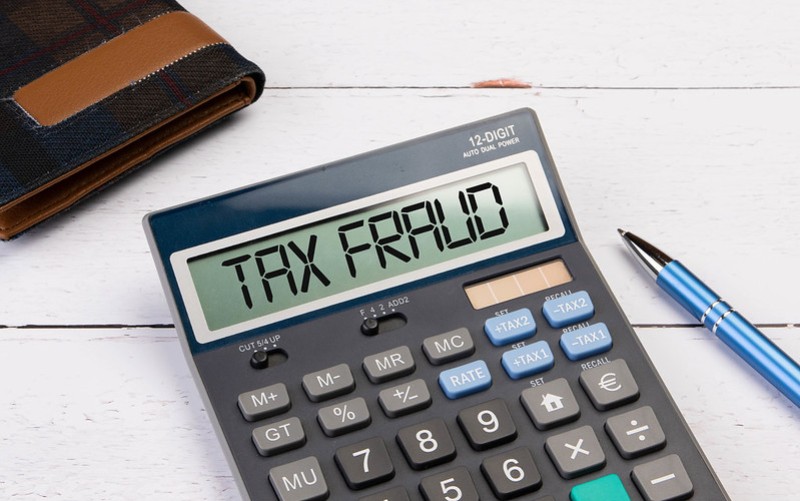Investigators from Germany, the Netherlands, and Finland say that the two suspects had engaged in the scheme to avoid paying more than €17 million in dividend taxes. One of the suspects was identified as Frank Vogel, a Dutch trader, but the second was only identified as a Finnish national.
The suspects are accused of running a “Cum-Cum” fraud scheme, intended to evade taxes that should be paid on dividends. Foreign shareholders of a company transfer securities to a banking institution prior to required dividend payouts. By parking the securities within the bank, which faces different tax obligations, the fraudsters were able to illegally obtain dividend tax rebates from local tax authorities.
In this case, the suspects used banks in Canada and Dubai to hold their securities and defraud the Dutch and FInnish governments, Bloomberg reported. They are also under an active investigation for defrauding German tax authorities as part of the same Cum-Cum case.
Due to the complex nature of the scheme, countries can be defrauded of billions of dollars every year by those who know how to manipulate their tax codes and turn their financial institutions against one another.
The fraud scheme made similar headlines in late March this year, when the French national prosecutor’s office announced a series of raids across five Paris-based banks implicated in a separate, multi-billion euro Cum-Cum case.
The banks were identified as France’s Société Générale, BNP Paribas, Exane, Natixis, and the British banking giant HSBC.
Prosecutors reported that they had opened as many as 150 finance investigations into the case.



